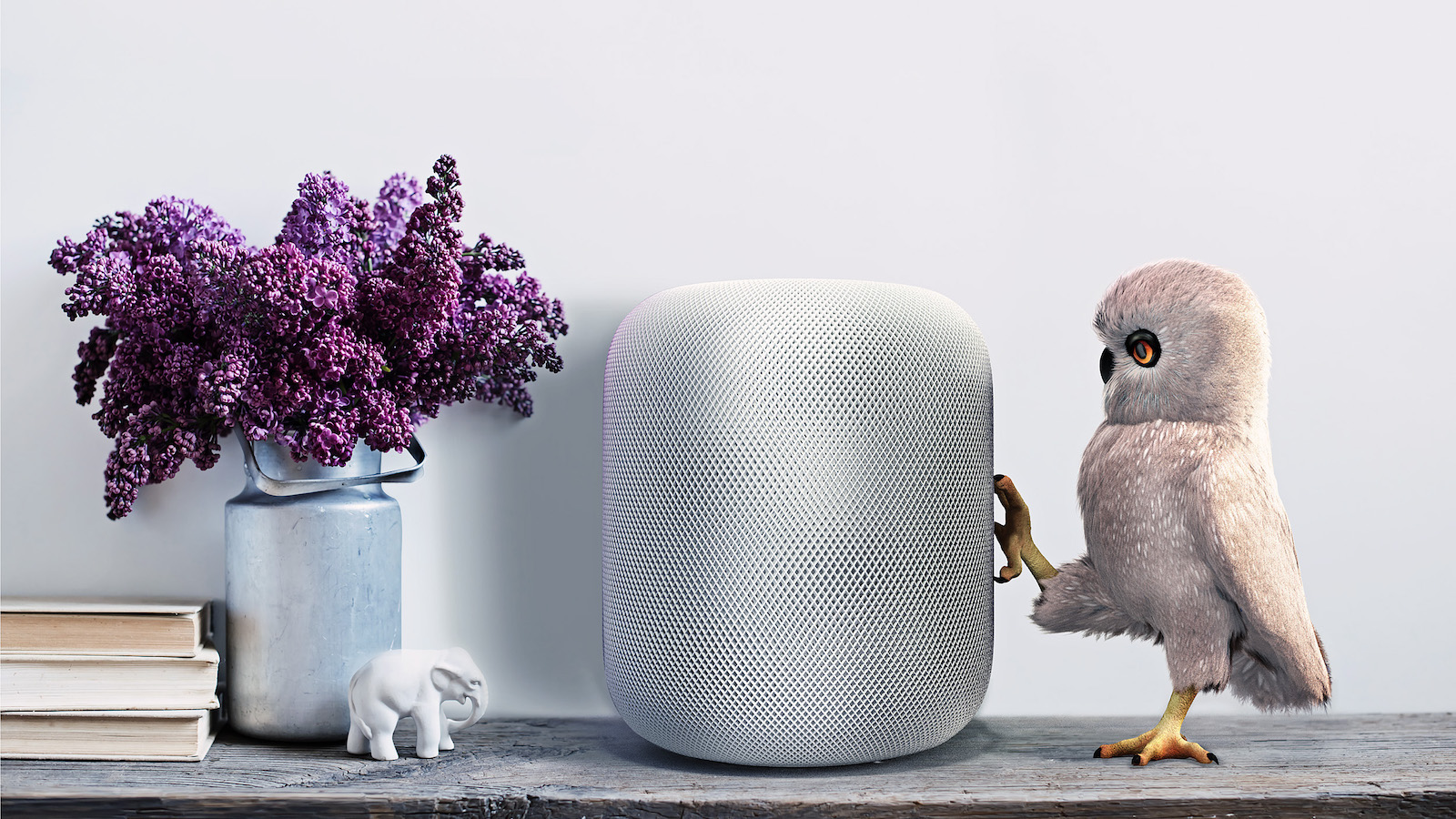
This piece is from our sister publication Nieman Reports.
On midterm election night last year, NPR carried out its usual live coverage, coordinating stories from its reporters and from member stations across the country. Most of the audience followed along via these stations’ broadcast signals.
But those not listening to the radio could get updates, too, by asking Amazon’s voice assistant Alexa for an update on election news from the NPR One app. The response to this request was a short report with the latest news.
“Obviously, there are people that are going to be just glued to election returns,” says Tamar Charney, managing director of personalization and curation at NPR. “But we also know there’s a lot of other people who have a lot of other things going on in their life. They’re dealing with their kids, they’re getting ready for the next day, but they may still want to be able to be plugged in.”
The goal of the Alexa offering was to test two hypotheses: Would listeners find an option like this useful? And could NPR give it to them?
The answer to the second question was yes: A staff worked until about 3 in the morning to make updates available twice an hour.
But as to the first question, whether listeners would find it useful — it’s not clear how many found it at all. NPR won’t say how many people tried listening to the news this way, but, then again, the original commercial radio news broadcast in 1920 didn’t draw a massive audience either. “It was our first time trying this out and it was successful because we developed a workflow and best practices for election night so that we are ready for the volume of listeners we will get in the presidential elections in 2020,” Charney says.1
At least 21 percent of Americans own a voice-activated smart speaker — Amazon’s Echo is the most popular, while Google, Apple and other tech companies make such devices, too. And sales are climbing: In 2017, only 7 percent of Americans owned smart speakers. Meanwhile, radio ownership and social media use are dropping. The speakers and the artificial intelligence that powers them can replace or augment the functions of a radio or phone. By voice, users can ask their smart speaker assistants to play music, find recipes, set timers, or answer basic questions.
Users can also ask for news. And this simple request has the potential to challenge the foundations of radio, turning broadcasts into conversations, changing the stories people hear, and creating individualized streams of information.
Smart assistants have long been a feature on mobile phones, but with smart speakers proliferating in homes and the technology coming pre-installed in cars, voice is pushing to the final corners of consumers’ connected lives, creating new habits and leading users to rethink how they interact with their devices. And news outlets are racing to find a place on the platform. “If [voice] does become an ever more dominant interface, then it will probably have quite profound effects on the way that information and content is consumed,” says Mukul Devichand, executive editor of voice and AI for the BBC.
For many publishers, there’s not much question if voice will grow. The question is whether news will grow with it.